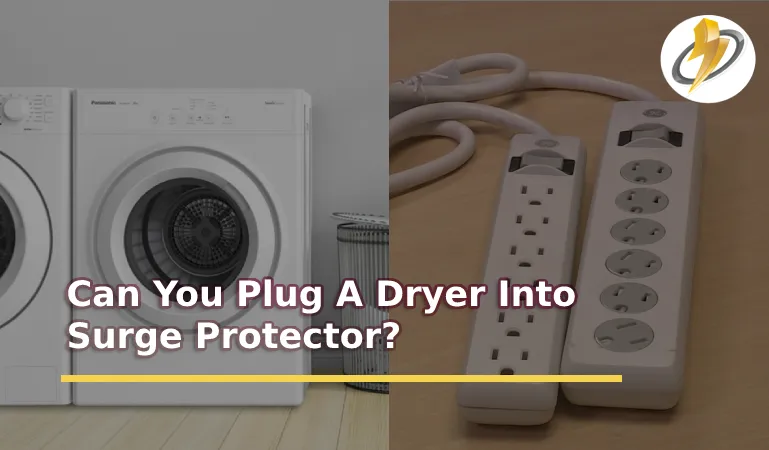Having electrical conduit properly buried is important for the safety of both the people in your home and the home itself. The depth to which you should bury electrical conduit is an important question.
The depth of the electrical conduit will also depend on the type of conduit being used. PVC or ABS pipes can usually be buried around 18 to 24 inches, while metal conduit should be buried at least 24 inches.
Additionally, the conduit should be buried at least 18 inches below the frost line as this will help protect against freezing.
This article will discuss the safety considerations and measurements of how deep you should bury electrical conduit.
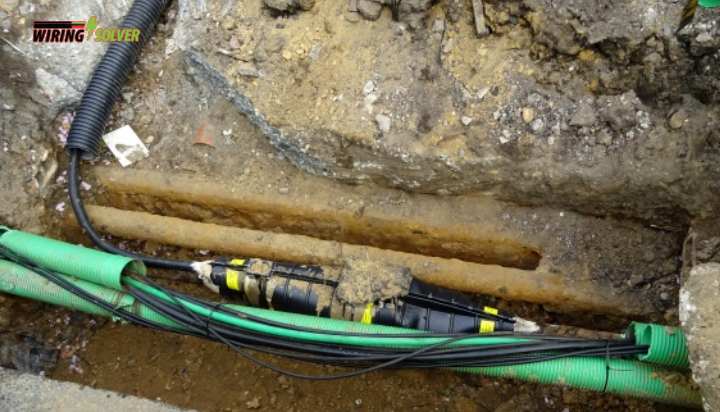
How Deep Does Electrical Conduit Need to Be Buried?
As already said, the burial depth depends on the surface material and the type of conduit you are using. Let’s take a look at the safe depth of every type of conduit.
Metal Conduits Burial Depth:
Metallic conduits are stronger than non-metallic conduits. They require less burial but then again, the method that is implemented is costlier than the non-metallic conduits.
Generally, you need to bury a metal conduit 6 inches below the ground. If the conduit is buried under a concrete slab, then you can maintain the depth at 4 inches. Number conductors in a conduit also matters.
In normal driveways, these conduits are used a lot. In such cases, maintain a depth of at least 18 inches as there are quite heavy loads driven over the driveway.
If you are going to use these conduits under public roads or highways, then the depth must be at least 24 inches.
In rocky areas, the metal conduits are buried through the rocks. There the conduits are buried 2 inches below the rock surface with strong concrete covering.
Non-Metallic Conduits Burial Depth:
Non-metallic conduits are cheaper than metallic conduits. These are less strong as well. So, you need more burial depth than the metallic conduits.
f you are going to bury the conduit directly under the soil without any concrete coating, then bury it 18 inches below the surface. If there are 2 inches of concrete, then burying 12 inches below the surface is good enough.
In the case of Direct Burial of Electrical Cables:
UF Cables:
You may often see electrical cables directly buried under the ground. These special cables come with a strong coating or jacket. So, creating a channel is not always necessary.
But the cables must be buried at least 24 inches below the surface of the ground. If there is a 2 inches concrete layer, then 18 inches of burial is enough.
Low Power Cables:
For a 120 V cable with a limited current capacity of below 20 amps, you can keep the burial around 12 inches deep.
But if you add a 2 inches concrete layer, 6 inches deep burial is enough. Use properly rated circuit breakers to avoid any kind of hazards.
If you are going to bury this type of cable under the driveways, keep a depth of at least 12 inches.
Control Cables:
You will find control cables wherever there are control appliances like sub-stations, lifts, or other equipment used. These control cables carry low voltage like 30V or something close. A depth of 6 inches is enough for these types of cables.
When Should You Use Electrical Conduits?
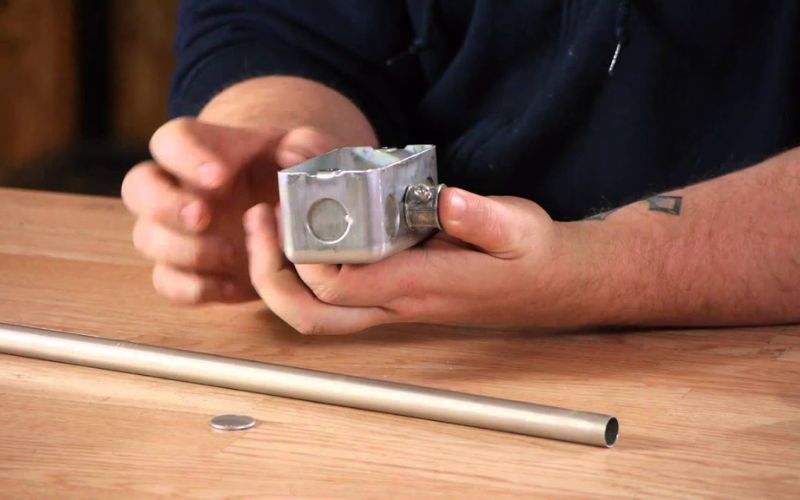
Electrical conduits are tubes or channels that are used to protect and route electrical wiring through harsh environments. Here are some situations in which you might consider using electrical conduits.
When Running Electrical Wiring Through Walls or Ceilings:
Electrical conduits can be installed within the walls or ceiling of a building to protect the wiring and make it easier to route the wires where they are needed.
This is particularly useful in situations where the wiring needs to be hidden or in places where it may be subject to physical damage.
When Running Electrical Wiring Outdoors:
Electrical conduits can also be used to protect electrical wiring that is run outside of a building. This is important because outdoor wiring is more likely to be exposed to the elements, which can cause damage over time.
When Running Electrical Wiring in Wet or Damp Areas:
Electrical conduits are also useful in areas where there is a risk of moisture or water damage, such as bathrooms or basements.
The conduit can help to prevent water from coming into contact with the wiring, which could cause a short circuit or other electrical problems.
When Running Electrical Wiring Through Hazardous Areas:
Electrical conduits can also be used in areas where there is a risk of explosions or other hazards, such as in oil refineries or chemical plants.
The conduits can help to contain the electrical wiring and prevent it from becoming a source of ignition.
By using electrical conduits in these types of situations, you can help to ensure the safety and reliability of your electrical system.
Which Safety Considerations Should Be Kept in Mind When Burying Electrical Conduit?
When burying electrical conduit, it’s important to consider the following safety factors:
- Take care not to damage the conduit when digging or burying it. This can weaken the conduit and increase the risk of electrical problems.
- Water and moisture can cause corrosion and other issues with the electrical wiring inside the conduit. Be sure to bury the conduit in a dry area and use proper waterproofing techniques if necessary.
- Burying the conduit too deep can make it difficult to access and repair if necessary. Follow local codes and guidelines for the proper burial depth.
- Before digging, be sure to locate any underground utilities in the area. Avoid burying the conduit too close to these utilities to prevent damage and reduce the risk of accidents.
- Follow the manufacturer’s instructions for installing and handling the conduit to ensure that it is installed safely and correctly.
By following these safety considerations, you can help to reduce the risk of accidents and ensure the safe and reliable operation of your electrical system.
Summary
Burying electrical conduits safely and at the proper depth is essential for the safety of your home and the people living in it. Taking the time to bury electrical conduit properly will help to ensure that your home and family remain safe.
It is important to make sure that you follow the manufacturer’s instructions for the specific type of conduit being used in order to ensure that it is buried to the proper depth.

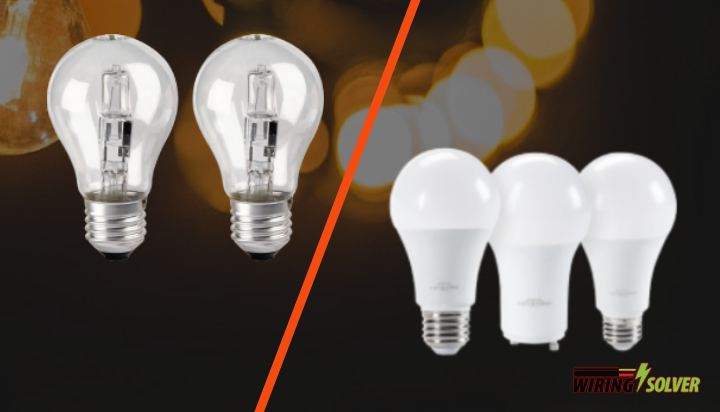
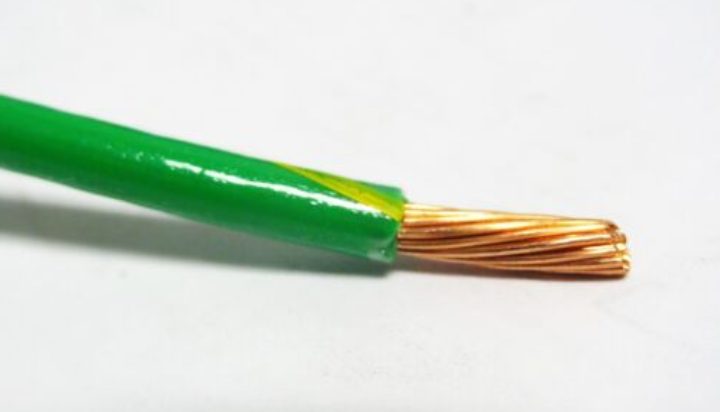
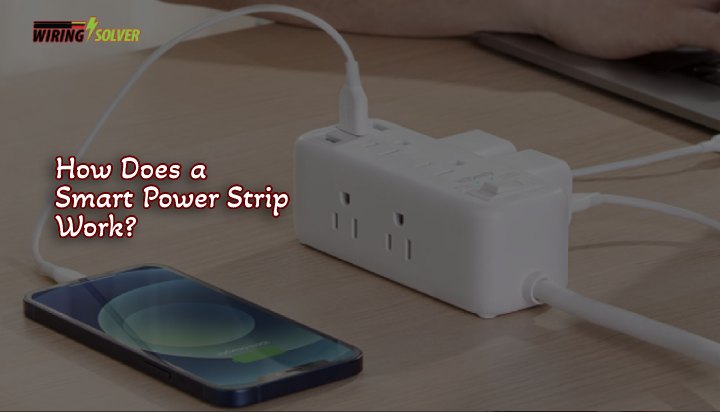
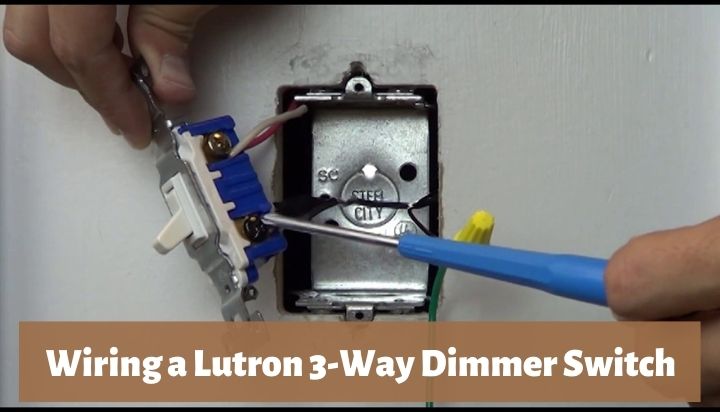
![How Does An Electric Doorbell Work? [Explained]](https://wiringsolver.com/wp-content/uploads/2022/06/How-Does-An-Electric-Doorbell-Work.jpeg)
